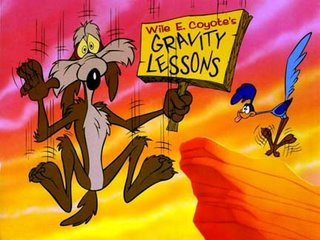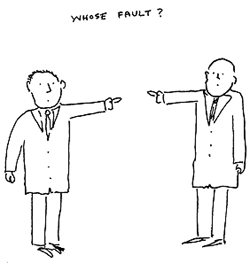 Eric Maskin is no fan of software patents, and people should pay attention.
Eric Maskin is no fan of software patents, and people should pay attention.Professor Maskin is no technology flower child pushing P2P with his LSD. This Harvard and MIT economist just won the Nobel Prize in economics for his work on mechanism design theory. In 1999, he turned his economic eye to the value of software patents. And found them wanting.
His research showed that when patent protections for software strengthened during the 1980s, "far from unleashing a flurry of new innovative activity, these stronger property rights ushered in a period of stagnant, if not declining, R&D among those industries and firms that patented most."
Strong patent protection produced less R&D spending, and slowed productivity growth.
Why?
Technology is an industry of sequential innovation, with advancements built on the preceding invention of others. Imitation breeds innovation. In software, copying ideas and concepts is vital for innovation. Hence, the genius of open source as a software development model -- few barriers to the use of other people's concepts and code.
In dynamic industries like software, patents constrict innovation.
This relates to a larger enemy of innovation that I have blogged about -- content scarcity.
Maybe it is time to stop applying 19th Century rules on intellectual property to post-industrial areas that have an entirely different economic mechanics?
Categories: innovation, software, IP




















































